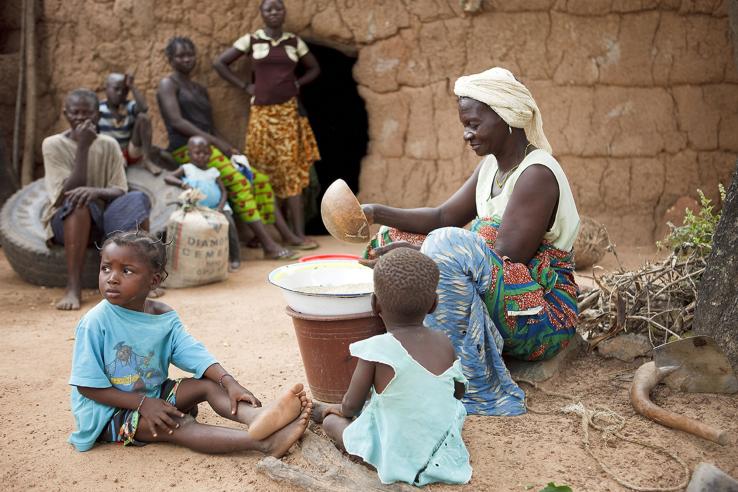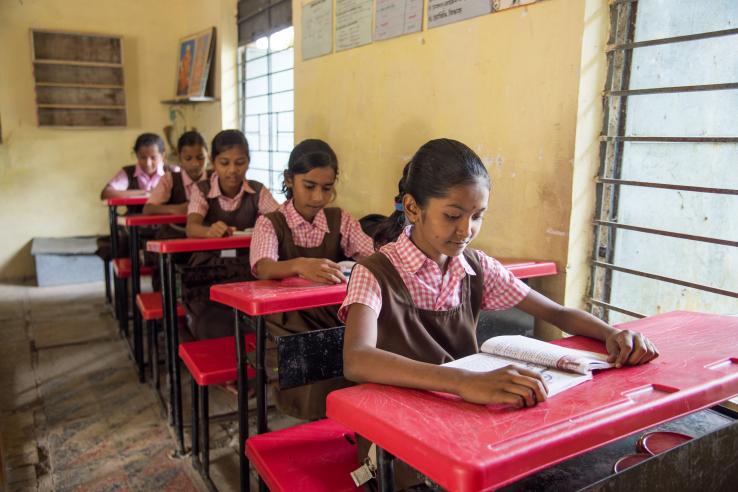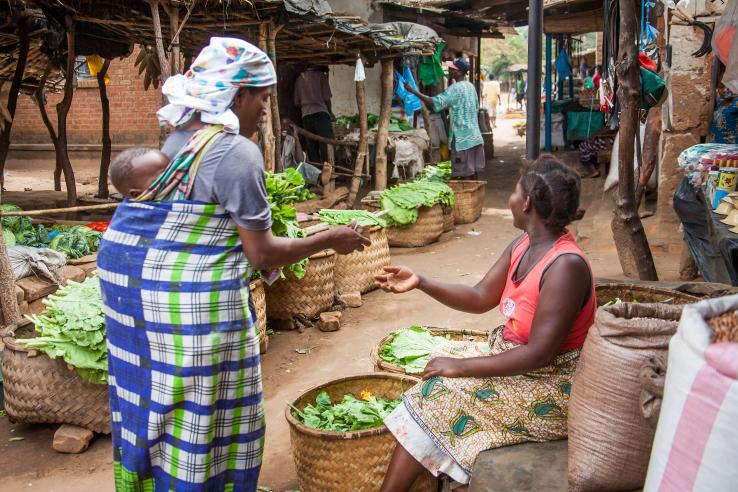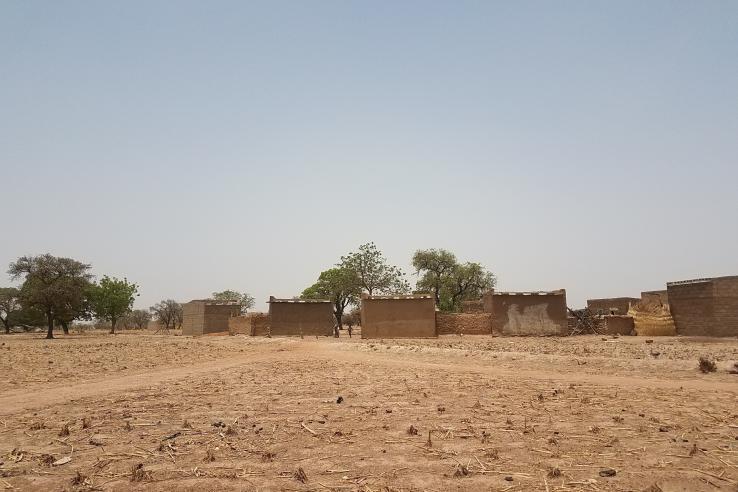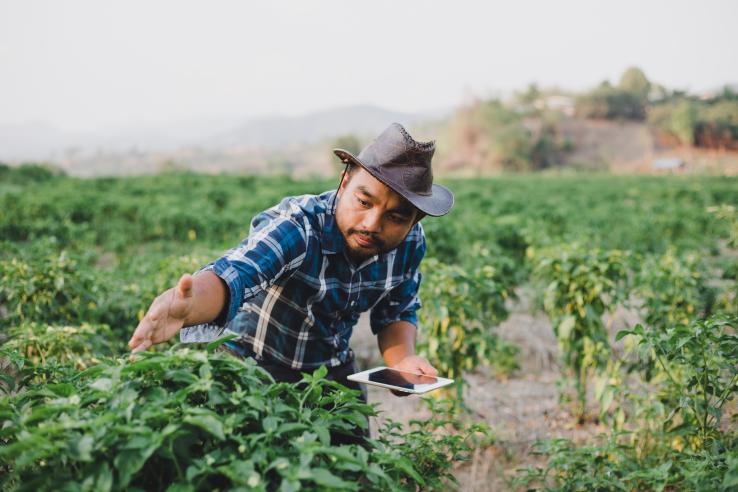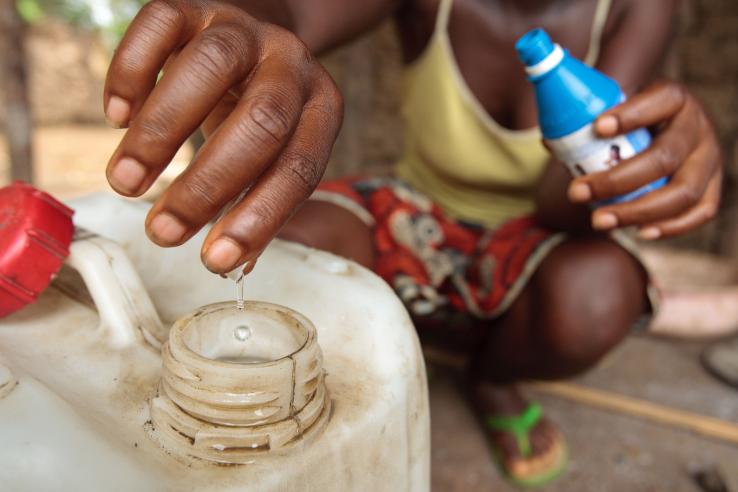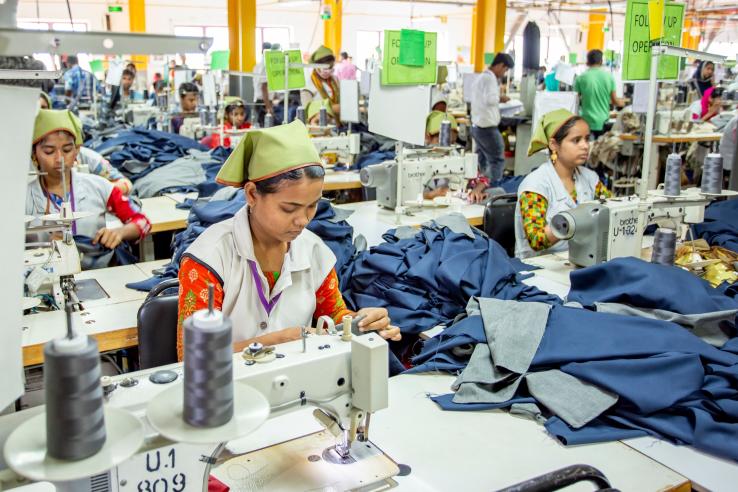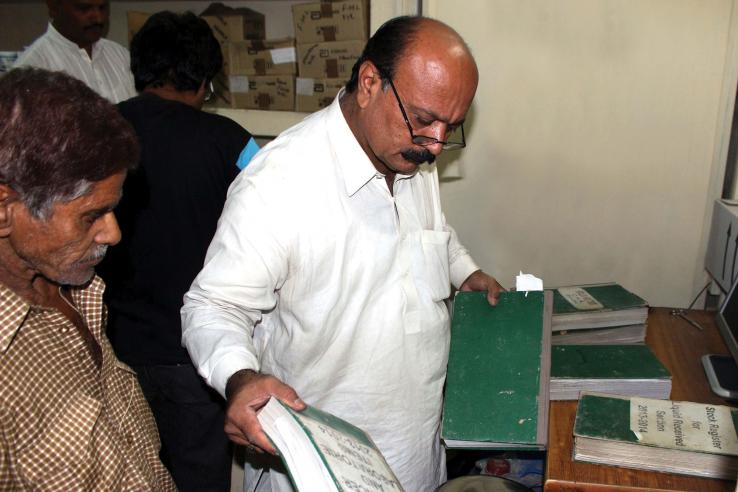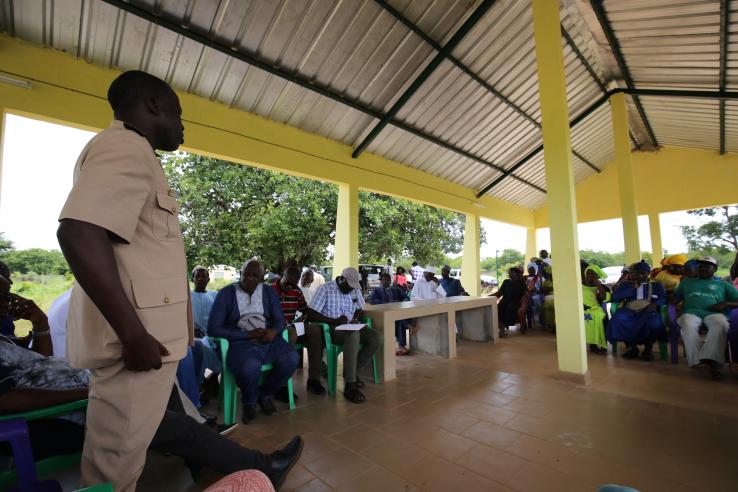The Impact of Unconditional Cash Transfers on Consumption and Household Balance Sheets in the United States
Rapid Re-Housing to Reduce Homelessness in the United States
The Impact of Mass Media and Family Planning Campaigns on Contraception Use in Burkina Faso
The Impact of Sustained Cognitive Effort on Student Performance in India
Cash Transfers and Market Access to Increase Household Welfare in Rural Liberia and Malawi
Firms
J-PAL’s Firms sector evaluates how to best help firms and entrepreneurs grow, innovate, and contribute to economic growth and job creation that reduce global poverty. We also seek to understand the impacts of businesses on workers and their families, the environment, and the broader society.


